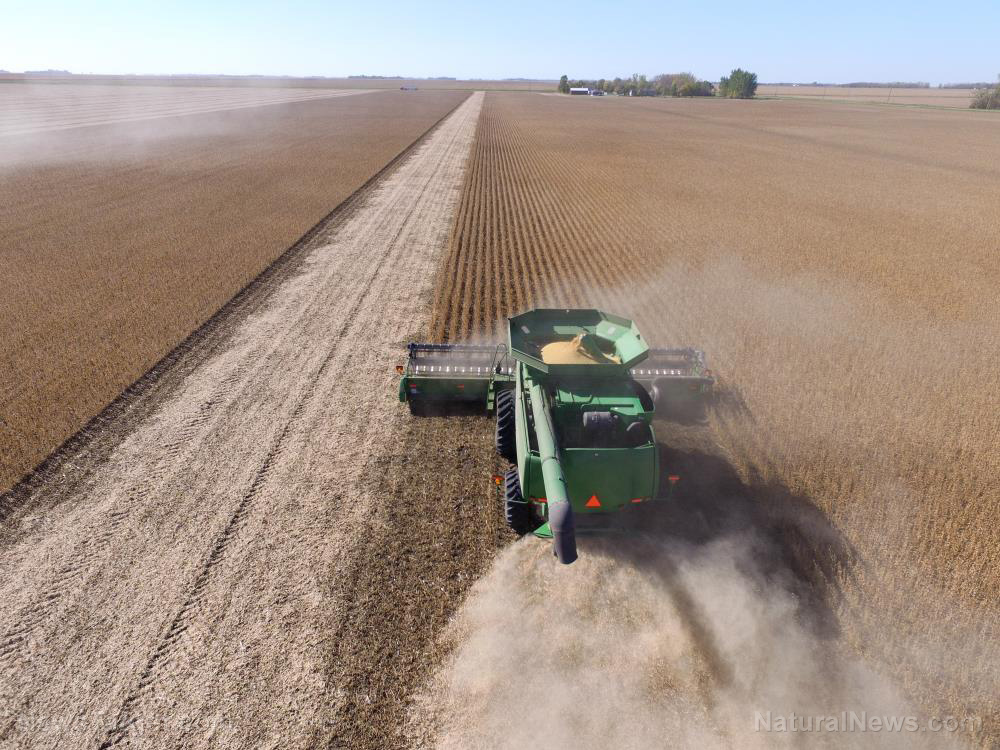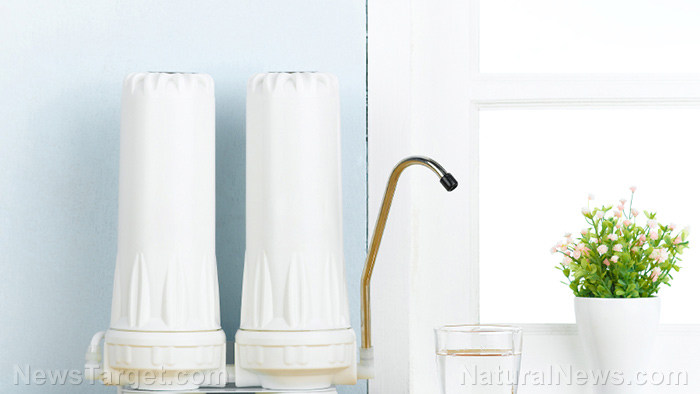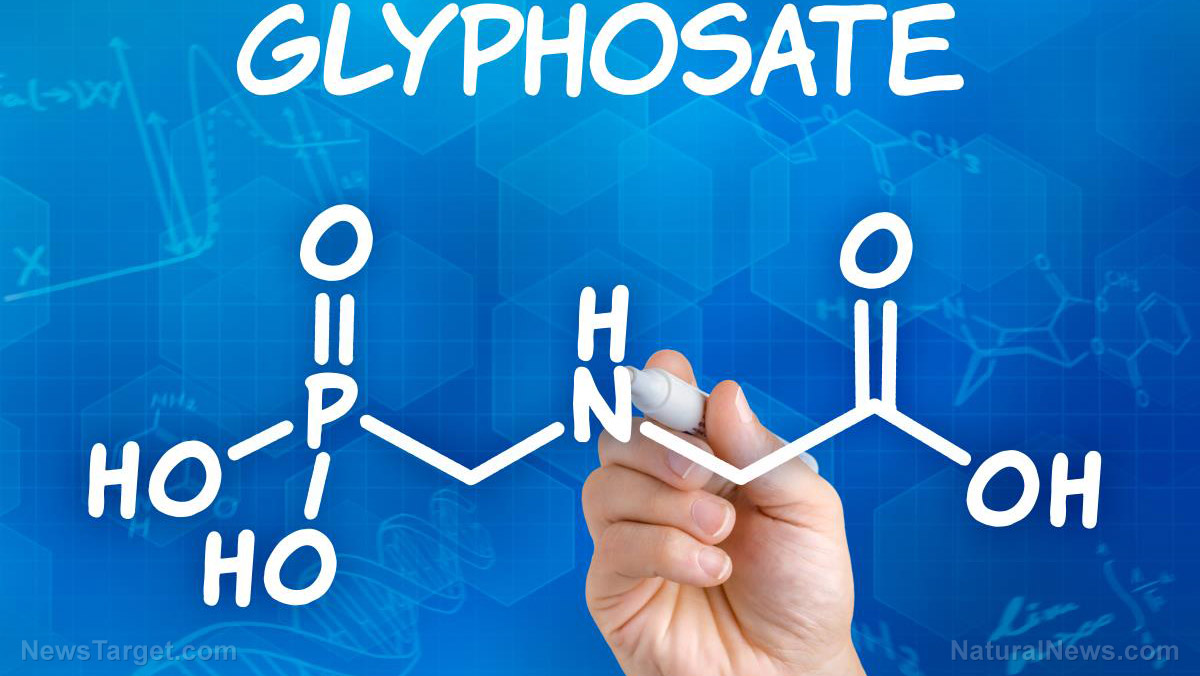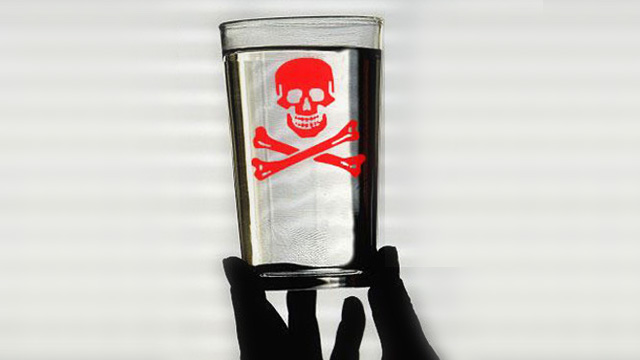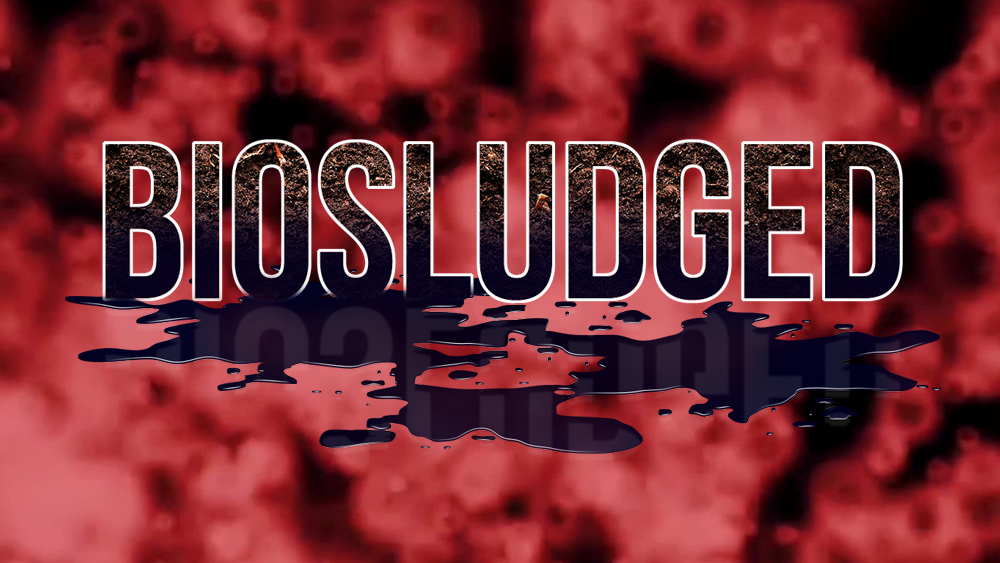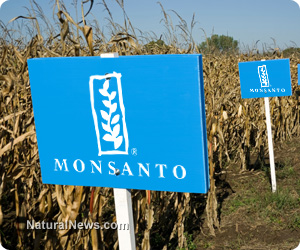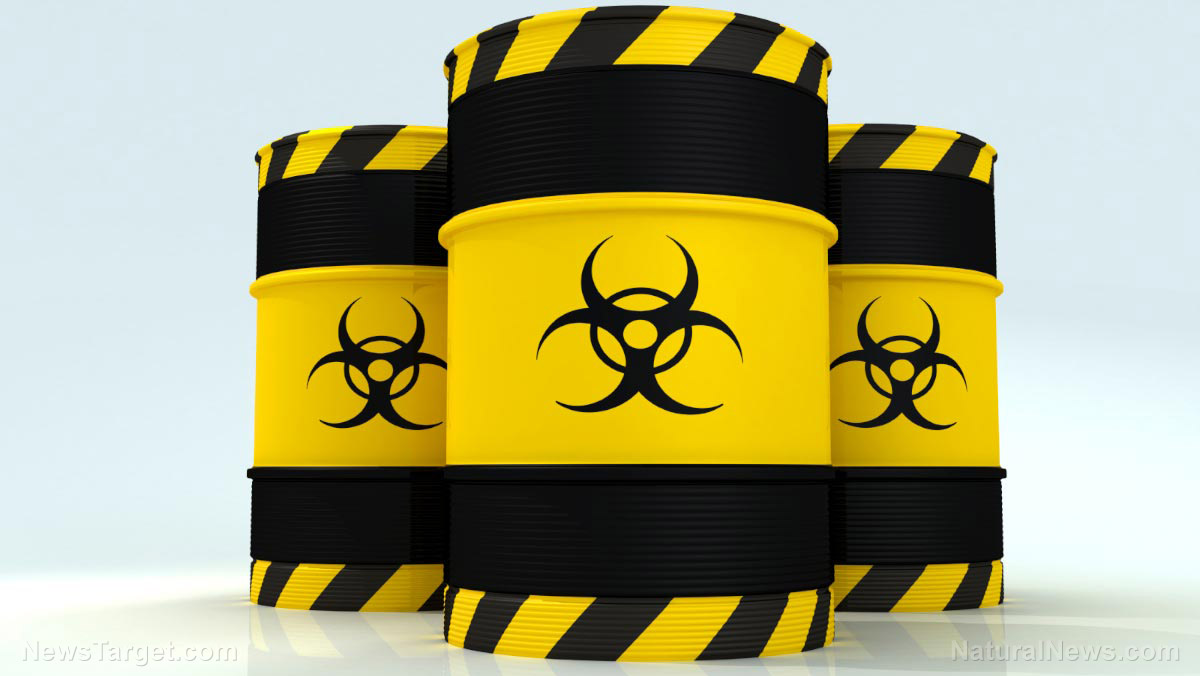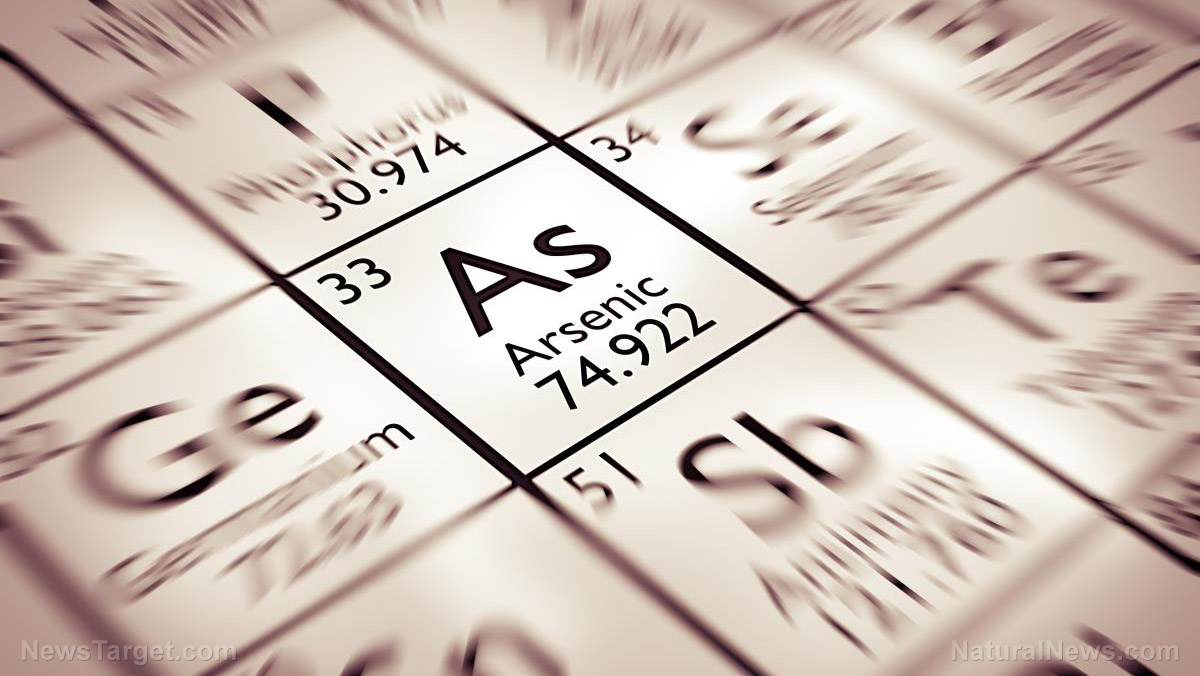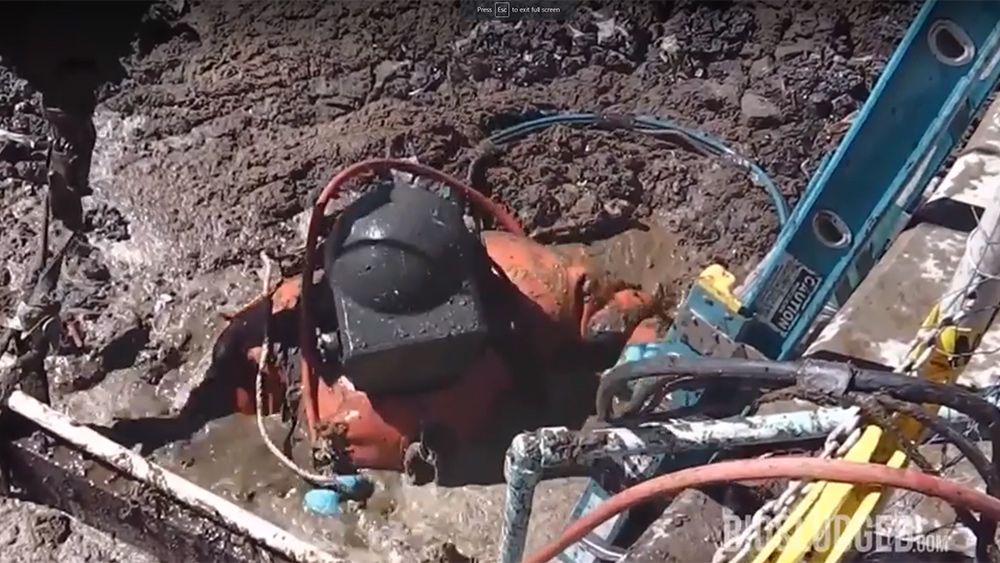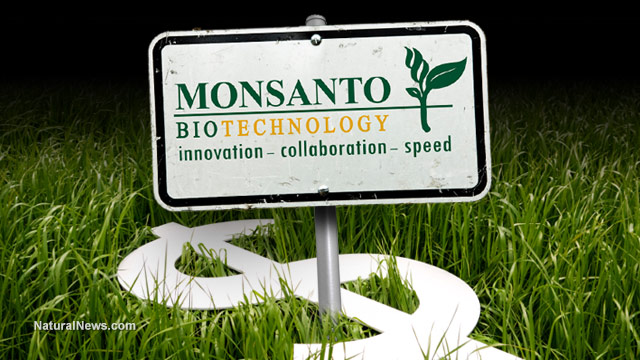Many store-bought “fertilizer” products for home use are LOADED with toxic biosludge
12/27/2018 / By Ethan Huff
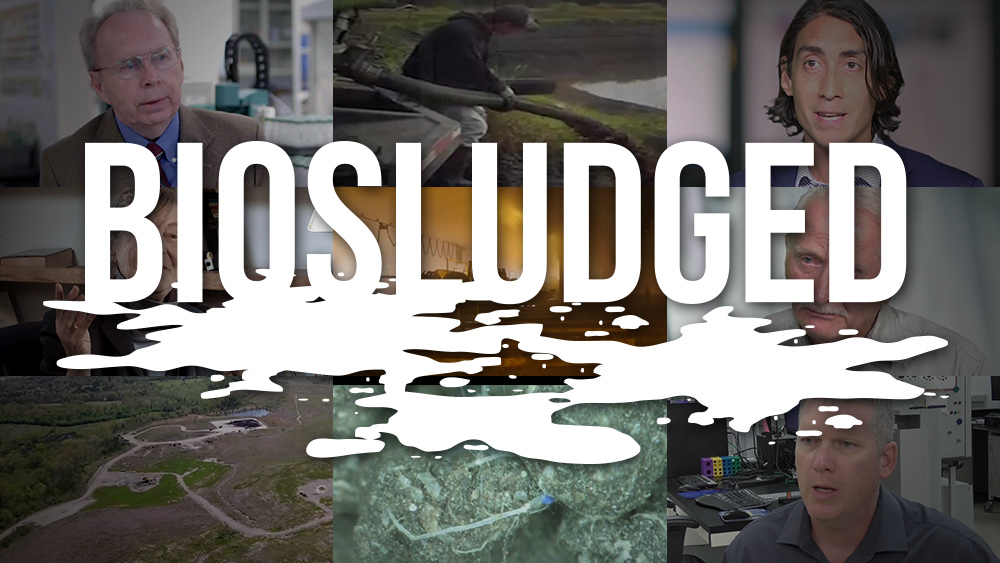
If you’ve ever purchased fertilizer from your local home improvement store, you probably assumed that the bag contained various organic materials carefully blended to maximize the output of your home garden. But in reality, you may have inadvertently purchased repurposed human waste in the form of biosolids, also known as “biosludge,” without even knowing it.
In a powerful behind-the-scenes interview with Texas resident and biosludge expert Craig Monk, the topic of store-bought fertilizer came up, for which Monk revealed quite the earful. Watch below as Monk explains the dirty truth about biosludge, including the fact that consumers are being sold fake “fertilizer” that’s actually toilet-to-farm toxic waste.
“‘Class A’ sewage sludge comes several ways, and one of them is a dried, pelletized sewage sludge,” Monk explains. “You can get a good look at that if go to your Home Depot or Lowe’s and pick up a bag of Milorganite from Milwaukee.”
According to the Milorganite website, Milorganite is described as “heat-dried microbes that have digested the organic matter in wastewater.” It also states that Milorganite is made from the raw sewage collected from the Milwaukee Metropolitan Sewerage District in Wisconsin.
There are also repeated references to “nutrients” and “organic matter,” which gives the impression that Milorganite is natural and healthy for plants, gardens, and soils. But don’t be fooled: It’s just recycled human waste matter rebranded as “fertilizer” that’s rich in “nitrogen.”
“Let me warn you: There’s as many chemicals in [Milorganite] as there are in any of the biosolids,” Monk warns, revealing the trickery that’s involved with the sale of biosludge under different names and descriptors.
“In fact, Milwaukee, four or five years ago, had a PCP (phencyclidine) scare. It was in their bags that they were sending out. So, you never know when sewage is going to be hit with one of these very dangerous chemicals – not to mention the chemicals they don’t even acknowledge are in it.”
This eye-opening interview with Craig Monk is part of the larger Biosludged film project, which is now available for FREE viewing at Biosludged.com. You can also watch the official trailer for Biosludged at Brighteon.com.
TruGreen lawn care services also uses biosludge as “fertilizer,” warns Monk
Another similar brand of biosludge sold as home “fertilizer” is Hou-Actinite. Hou-Actinite is similar to Milorganite, except that it’s made from the human sewage waste collected from wastewater treatment plants in Houston as opposed to Milwaukee.
As explained by Monk, Hou-Actinite is the “fertilizer” of choice used by the popular home lawn care service TruGreen – Hou-Actinite constituting “a granular, heat-dried biosolids product produced by the City of Houston,” according to SourceWatch.org.
“People put this in their backyard, and it is promoted,” says Monk about the widespread use of biosludge on residential properties, the owners of which often have no clue what’s actually being spread all over their lawns and gardens.
“And, in fact, TruGreen, a lawn care service, uses exclusively Hou-Actinite, which is Houston’s biosolids – the most industrialized city in Texas, the chemical heart of the United States. A person would absolutely be insane to put this stuff out, and handle it, and put it out with their pets and their kids and on their gardens, but they do.”
Be sure to watch the full interview with Monk, as he explains all that he’s learned about biosludge, as well as explains all that he’s doing to fight its use, specifically in Texas.
You can also learn more about the Biosludged film by checking out BrighteonFilms.com.
For the latest news about biosludge, be sure to visit Biosludge.news.
Sources for this article include:
Tagged Under: Biosludge, Biosludged, Biosolids, Brighteon, Brighteon Films, Craig Monk, deception, environment, fertilizer, home gardening, home gardens, Hou-Actinite, interview, lies, Milorganite, PCP, pollutants, sewage sludge, toxins, TruGreen

